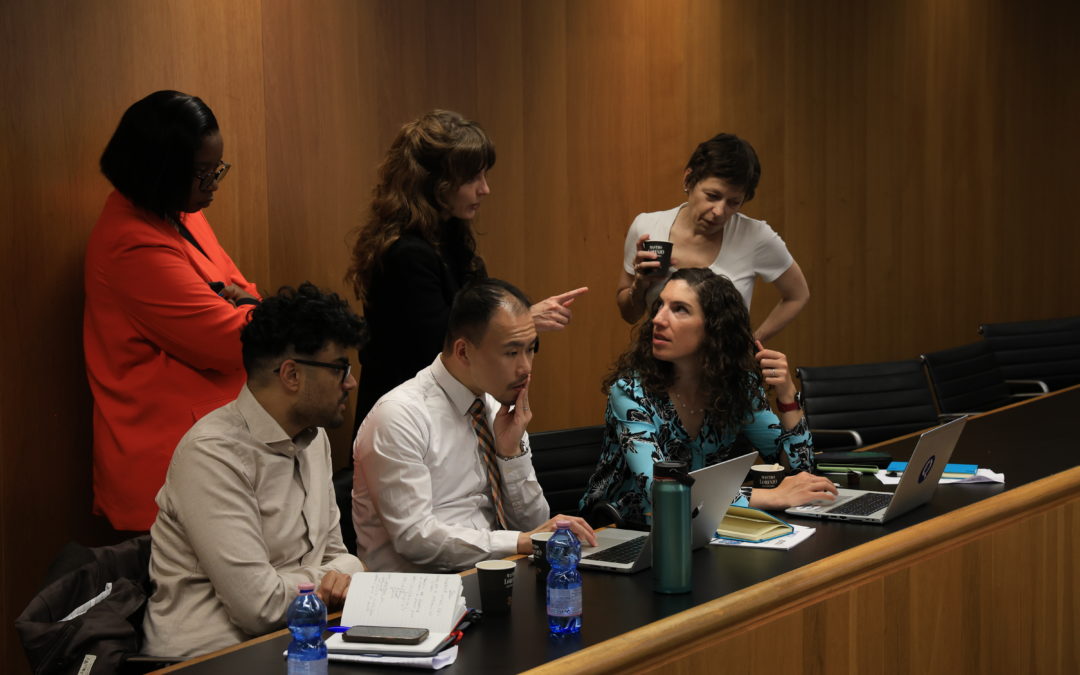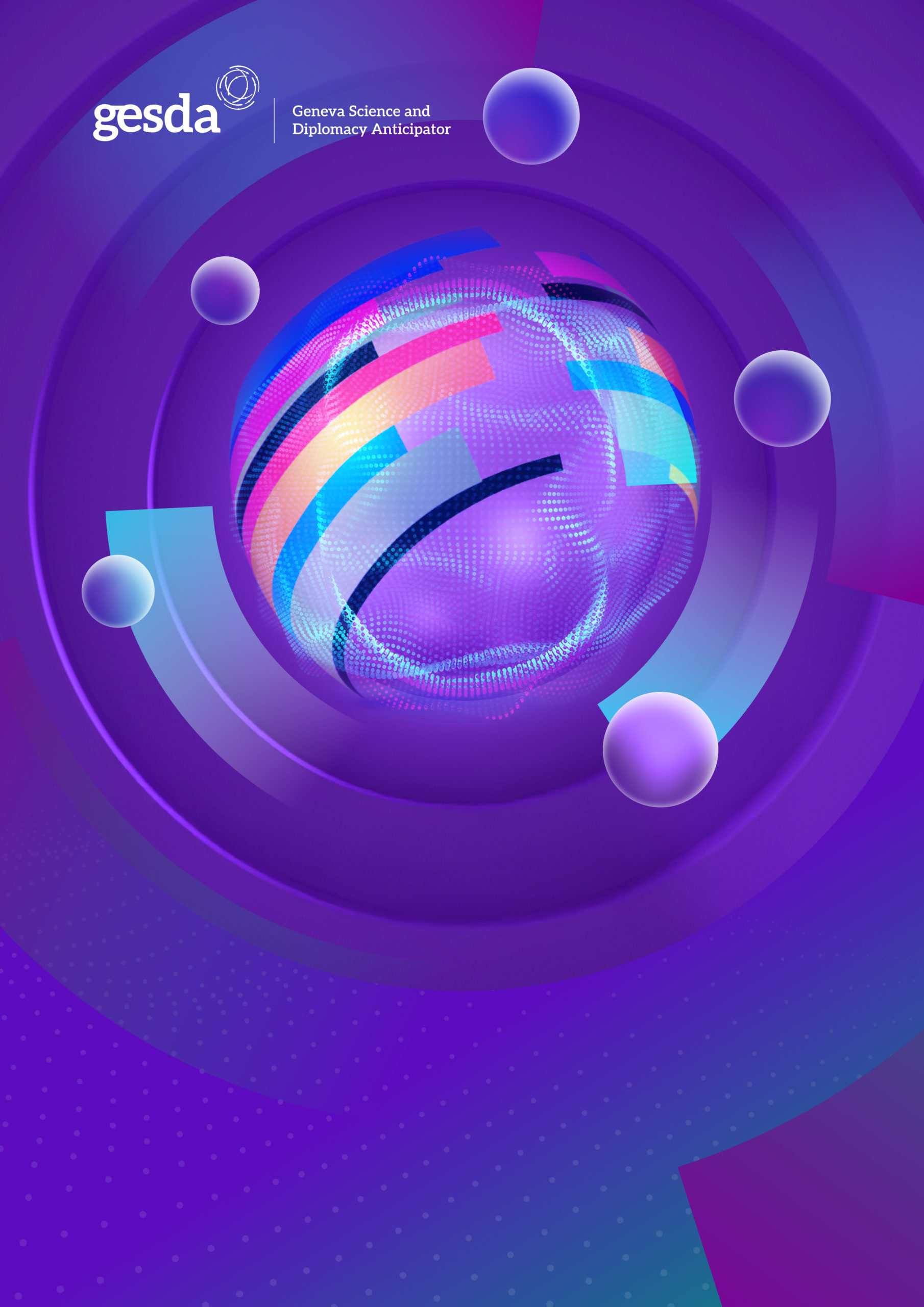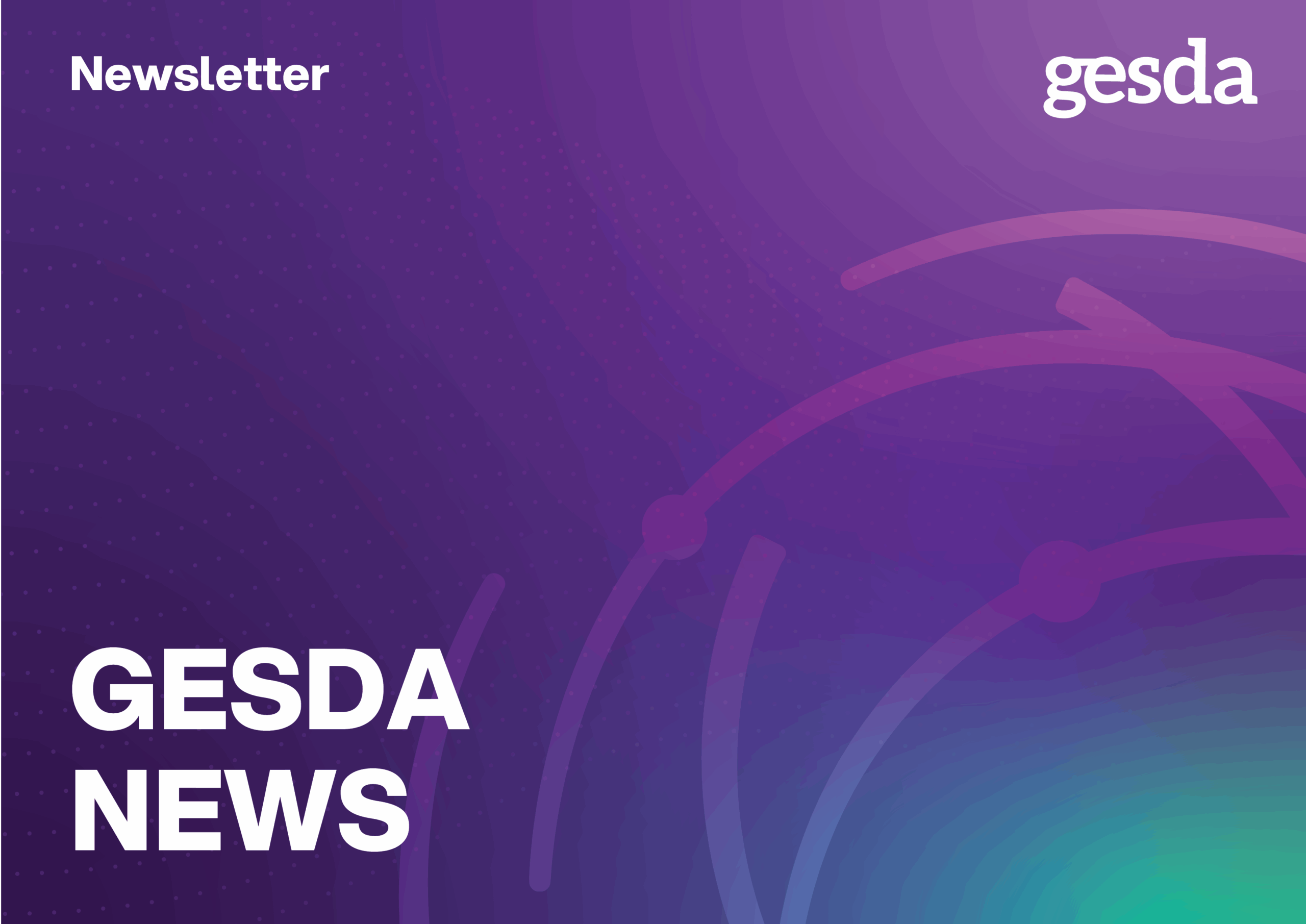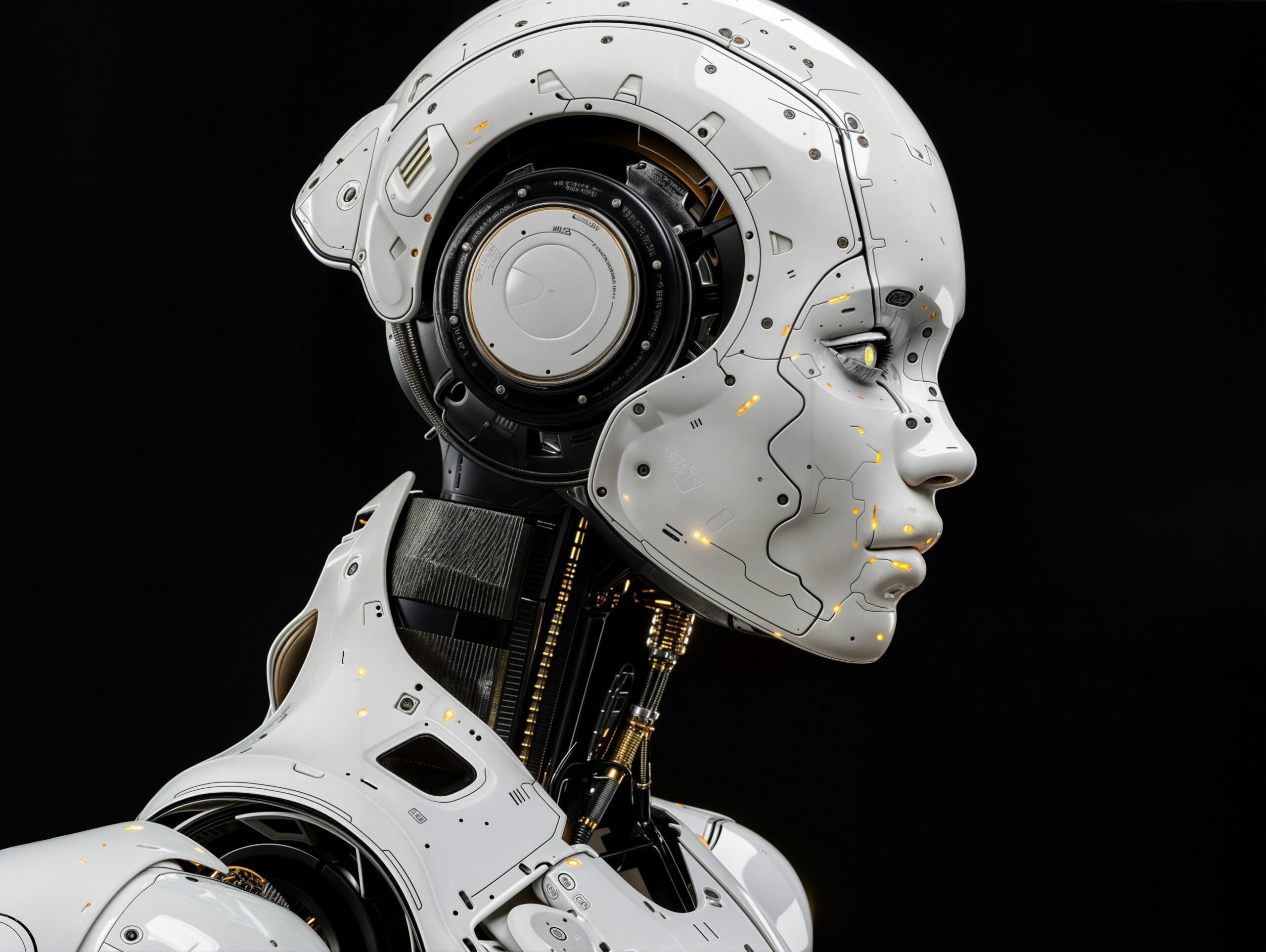Photo by Michael Chiribau, UNITAR Division for Multilateral Diplomacy
Greetings and welcome to a brief news update on the second day of Geneva Science Diplomacy Week 2023. For this second edition, GESDA and 17 partners from Geneva, Swiss and global institutions are hosting an impressive cohort of 30 leaders from 25 countries.
At the Tuesday morning session, organized by the International Network for Government Science Advice, the classroom was transformed into a high-level meeting on the future governance of neurotechnologies, with each participant taking on the role of diplomat, researcher, human rights activist or industry leader. The role play scenario threw the players out of their usual roles, and their comfort zones, introducing new levels of uncertainty.
“I found the game uncomfortable but I know that’s the point,” Leah Soroko, a political scientist and manager of strategic research initiatives with the Canadian Institute for Advanced Research, told a debriefing toward the end of the day.
The scenario allowed the participants to better understand how the different stakeholder groups would behave in approaching the same problem from different sectors, countries and perspectives.
Kritika Roy, who works as a threat intelligence researcher for the Germany cybersecurity firm DCSO while studying for her master’s degree in international affairs, said “getting into the international perspective, not the national interests of individual countries– that was tough.”
Hatim Aznague, a climate justice advocate and activist from Morocco who is leading bilateral and multilateral communications and negotiations on climate change and climate diplomacy for his government to the UN-brokered international climate talks, said the role-playing fascinated him because he could use it to bridge the “gap” between scientists and policymakers, whose positions must move closer to the science, not the other way around. “We need to use a simple and attractive language that others can understand,” he said.
The “power game” of diplomatic relations doesn’t alway work in the most powerful country’s favor, said Ambassador Sabina Stadler, a veteran diplomat who serves as chief strategist for Slovenia’s foreign ministry and formerly was her country’s UN Permanent Representative in Geneva.
“There is always a bit of back and forth and knowing the person sitting across the table,” she said while acknowledging that some of the scenarios and role playing on Tuesday elicited insecurity. “You have to understand what the other is doing, that’s what life is all about.”
The role playing helped Munira Raji, a sustainable geoscience and natural capital research fellow at the University of Plymouth, “understand the soft power role” that diplomats from major economies sometimes use to exert influence over less powerful and poorer countries.
“Today was the day when the immersion concept really became clear and we all took some risks with the role play,” said Kyle Gustafson, a physicist working as science director for the Office of Naval Research Global in Brazil, where he scouts and funds research globally.
The afternoon session also involved experimentation and innovation on diplomatic methods. The Science in Diplomacy Lab (SiDLab), established between the University of Geneva and the Swiss Federal Institute of Technology at Zurich, conducted a workshop on computational diplomacy, where participants were given data sets on the UN General Assembly’s resolutions since 1948 and used network analysis to uncover patterns and diplomatic positions on issues ranging from women’s rights to global health or nuclear nonproliferation.
Francisco Ashley Acedillo, a military veteran who serves as a chief of staff and cybersecurity adviser in the Senate of the Philippines, said the scenarios recalled for him the importance of three levels of action: tactical, operational and strategic.
“From the perspective of science diplomacy, our role is strategic – we need to become intermediaries of the producers of knowledge, the scientists, and those that can operationalize it,” he said. “We need to put this all together, scale it up, and speed up its propagation.”
Tricca Thato Morokong, an assistant director for African multilateral cooperation at South Africa’s Department of Science and Innovation, said the sessions showed the complexity of multilateralism and difficulty in “reconciling different intents” among competing interests.
Computational diplomacy and neurotechnologies are two examples of the ‘dots’ in the GESDA Science Breakthrough Radar. Throughout the Science Diplomacy Week, the topics come to life through experiential learning, offering a simulator-type experience such as a pilot might need when learning how to fly.
“We use simulations because it’s the only way that you can really understand what it’s like to be a diplomat or a scientist when trying to solve a problem where both are needed,” GESDA’s Head of Science Diplomacy Capacity Building Marga Gual Soler summed up. “And hopefully it’s fun as well. Having fun helps anchor the learning and allow the experiences to endure.”



